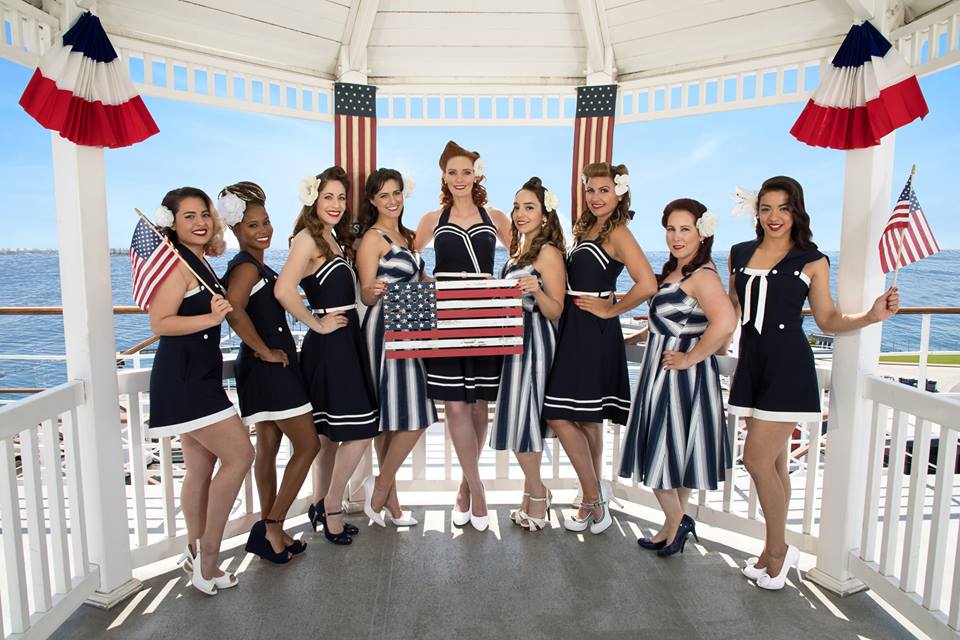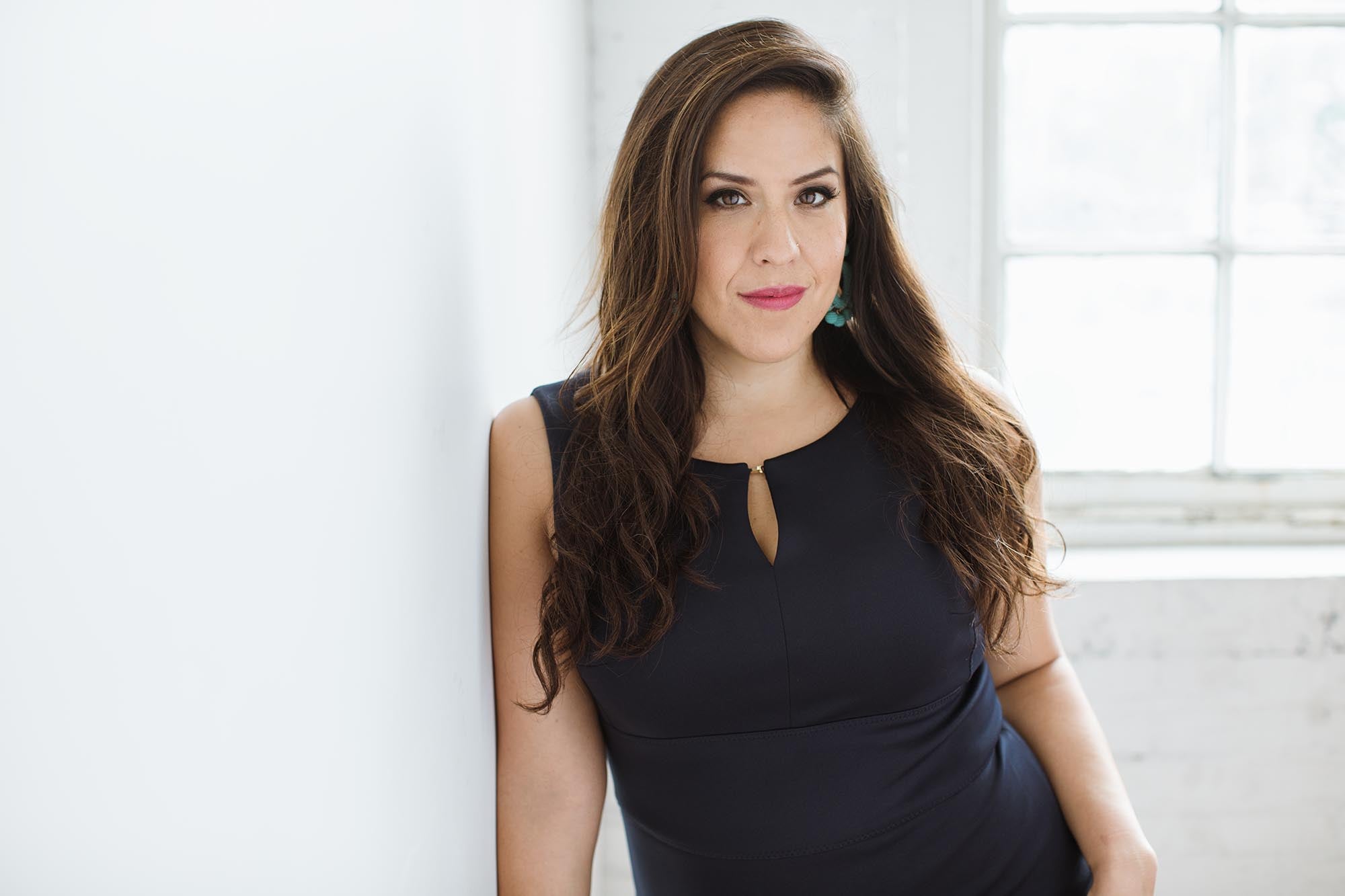 By Wes O’Donnell Content Strategy and Managing Editor, InMilitary. Veteran U.S. Army & U.S. Air Force.
By Wes O’Donnell Content Strategy and Managing Editor, InMilitary. Veteran U.S. Army & U.S. Air Force.
Veterans are storming Hollywood.
Thanks to programs like Disney’s Heroes Work Here and Comcast NBCUniversal’s initiative to recruit 10,000 veterans, Guard, and Reserve members within two years, the Post 9/11 cohort of veterans have found challenging, yet rewarding careers in media and entertainment.
In addition, nonprofit organizations like Got Your 6 and Veterans in Media and Entertainment (VME) have partnered with the various studios and entertainment companies in Hollywood. They have launched unique opportunities for military veterans.
For many transitioning servicemembers, the entertainment industry can be daunting. But as a by-product of their military service, veterans possess the stomach to take risks, the ability to deal well with ambiguity, and the composure and creativity needed under extreme pressure.
The same “soft skills” that make a servicemember so good at his or her military specialty translate extremely well to media.
Industry insiders claim that we are in the midst of a new Golden Age of television. In the five years between 2011 and 2016, the number of scripted television shows on broadcast, cable and digital platforms increased 71%. Furthermore, companies like Netflix, Amazon Video and Hulu have invested heavily in original content. Now seems like the ideal time for veterans to seek roles and positions in media and entertainment.
Intrigued with how a veteran can achieve success in the “industry,” I recently had the good fortune to sit down with one of TV’s rising stars, U.S. Navy veteran and AMU master’s graduate Jennifer Marshall.
Jennifer has appeared on “Stranger Things,” “Hawaii Five-O,” and numerous other hit TV shows and movies. She is an absolute joy to watch onscreen and performs equally well in unscripted interviews, thanks, no doubt, to her quick wit and well-rounded education.
Wes O’Donnell: Jennifer, thank you so much for your time today. I want to demystify the entertainment industry for transitioning servicemembers who may be interested in a career in entertainment, but don’t know where to start. Can you begin by telling me a little about your military background?
Jennifer Marshall: Great to be here, Wes. Five weeks after graduating high school, I joined the Navy and was shipped off to boot camp in Great Lakes, Illinois. In total, I spent about five years in the Navy including time aboard the USS Roosevelt [Editor’s note: a nuclear-powered aircraft carrier homeported in Norfolk, Virginia] and was honorably discharged from the Navy as a Petty Officer Second Class.
Wes: What types of jobs did you have?
Jennifer: My first two years I worked as an aircraft handler and for my last three I worked in aviation supply. I was also a member of the Ships Security Defense Force Team as well as the Repair Locker Fire Team.
Wes: I know a lot of active-duty men and women serving right now are going to be reading this, but I don’t think a lot of them are well prepared for that transition from military to civilian. Tell me about that transition for you. How hard was it?
Jennifer: It was difficult. The government spends years and tens to hundreds of thousands of dollars training us to do our job. But when it’s time to leave, we get a five-day transition assistance class.
Wes: This is true. In the Army, we had a few transition classes. But in the Air Force, they just opened the door for us on our way out. No preparation.
Jennifer: Exactly. For many of us, we joined the military when we were still kids, fresh out of high school. Some service members may never have needed to hold a job prior to joining the military. And then, once you’re out, it’s like “welcome to adulthood.” Vets are expected to fit into a society that some had never been a part of.
Wes: Looking at your bio, I see an education in international politics and criminal justice. You seem very passionate about education.
Jennifer: You know, I believe that education just makes you a more well-rounded person. That’s not to say that I don’t respect people who choose trade school; I think that is hugely important as well. I am the first college graduate in my family on my father’s side and the first master’s degree graduate in my entire family.
Wes: Same here. For 300 years, no O’Donnell in my line went to college. I’m the first. How has a degree in politics or criminal justice helped you be a better performer?
Jennifer: I recently worked on a film; I can’t go into detail because of the non-disclosure agreement, but they asked me to come in and speak credibly yet off-the-cuff on international topics. This is where, I believe, having that education really empowers you to deliver lines with confidence and authority on a particular topic. Having both the college education and the life experience from the military really allows for a performance at a higher level.
Wes: In the early days of acting, how did you build credibility? The reason I’m asking is that there is a lot of competition. How did you rise above the rest?
Jennifer: I think this is so important. You really have to shift your focus from trying for just one particular role to a new way of thinking. You need to make the casting directors fans of your work. And by that, I mean show up on time, do your research, be respectful and easy to work with. Don’t make their job any harder than it already is. Also, it is important to focus on the long game. This is a marathon, not a sprint. In the early days, I auditioned for perhaps 20 military roles and the response was often “Well, you don’t look like a veteran.” So I wrote and shot a military scene for my agent to use to pitch me and as a result, the industry started to see me and book me for those roles more often. Pace yourself and be smart.
Wes: How do colleagues in the industry respond to your veteran status. Do they care? Not care? Indifferent? Do you think you’re better qualified for military roles?
Jennifer: It depends on how you act. Just like outside of entertainment, we always get the phrase, “Thank you for your service.” I try and turn that into an opportunity by telling them it was my pleasure to serve and please keep vets in mind for future opportunities.
Wes: The “thank you for your service” line is hard for me, because I don’t really feel like I did anything special. I know a lot of veterans who feel this way. In fact, I feel like I got more from the military than I ever gave them. Free education, discipline, espirit de corps and lifelong friends. Besides, they paid me to be there! I wasn’t being held hostage. Most civilians just want to show their appreciation and acknowledge our service; I get it. And I’m grateful. A common misconception for a transitioning military member who wants to get into entertainment is that they have to move to L.A., New York City or Atlanta. Do you agree?
Jennifer: Absolutely not. Do not come to L.A. (Laughs). Seriously, some veterans show up with no reel, no credits; nothing but a headshot and expectations that they will be “discovered.” That is a fast lane to discouragement and possibly homelessness. It is so expensive to live here in L.A. My advice is this: The film industry is virtually everywhere. Get as much experience as you can and build a resume, even if that means doing local theater. Be a big fish in a small pond! There is nothing wrong with that. Once you have a solid resume and a demo reel to show off, only then consider moving if you can afford it. Talent will be recognized, no matter where you are geographically.
Wes: If you had a magic wand, what show would you do next? Is there a film or TV series that you would jump on without even reading a script?
Jennifer: Great question! I’m a huge fan of “NCIS: New Orleans.” I love Scott Bakula. Let’s see, what else? I love procedural stuff. “Law & Order SVU.” “Criminal Minds” is awesome too. I would love an opportunity to perform on one of those shows.
Wes: There is a misconception that military veterans are all super conservative, trying to make it in an industry that leans slightly left. What is your opinion on that?
Jennifer: Wes, you know as well as I do that veterans come from all directions on the political spectrum. As long as you’re not showing up to an audition or shoot and acting intentionally obnoxious by talking politics, you won’t have an issue. As for the industry, it is a creative industry which does tend to lean left. Be aware of that coming in if that’s not your cup of tea. I err on the side of caution and just don’t talk politics period, regardless of the job I have.
Wes: Last question: I noticed you were a member of an organization called Pin-Ups For Vets. Anything you would like to mention about them?
Jennifer: Pin-Ups For Vets is a charity organization where we dress up as World War II-era pin-ups, not scantily clad; it is all respectful and modest (laughs). We visit VA hospitals, nursing homes and Wounded Warrior detachments and just try to bring a smile to people’s faces. The goal is to boost morale, much the same way that the pin-up calendars did for our troops back in the 1940s.
Wes: It sounds incredible. Jennifer, thank you for chatting today. If I haven’t said it already, I’m a big fan of your work! Please keep up the amazing work and thank you for helping inspire our readers who may be considering a jump into the entertainment industry when they separate.
Jennifer: It was my pleasure, Wes. Stay in touch! Reach out to Jennifer Marshall on social media at her Facebook page, Instagram, Twitter and IMDb. This article appeared originally on InMilitary.com.




Leave a comment
This site is protected by hCaptcha and the hCaptcha Privacy Policy and Terms of Service apply.